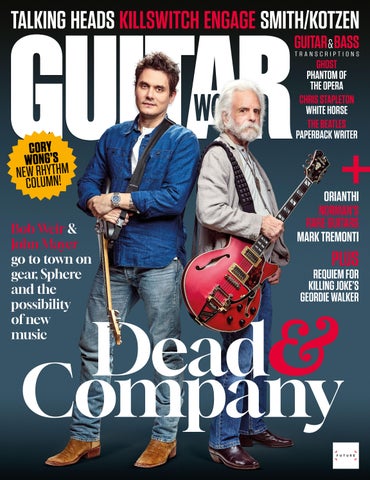
In Memory of Brian Wilson (1942–2025)
In a world increasingly defined by division and anxiety, it is difficult not to reflect on the gentle, poignant essence of Brian Wilson’s song “Love and Mercy.” Initially released in 1988, the track was neither a rallying cry nor an extensive political commentary. Rather, it offered a straightforward, sincere desire: “Love and mercy, that’s what you need tonight. So, love and mercy to you and your friends tonight.” That straightforwardness feels revolutionary today.
We are experiencing an era of escalating crises. The conflict in Ukraine persists with relentless ferocity, disrupting lives and destabilizing a region longing for tranquility. In Gaza, the destruction has reached appalling proportions, with innocent civilians—children, the elderly, entire families—suffering due to geopolitical stubbornness incited by the horrific October 7 (2024) massacre of Israelis and the hostage crisis initiated by Hamas. What ensued has been a relentless cycle of anguish and annihilation, with no resolution in sight, insufficient protection for the most defenseless, and no return of the 54 hostages still in captivity, most feared dead.
Closer to home, the United States continues to fortify its borders and policies, frequently cloaked in a guise of sovereignty that masks cruelty. Immigrants, many escaping violence and poverty, are faced not with kindness but with barriers, raids, and deportations that, in several instances, breach international law and contradict our own professed values.
Simultaneously, our own foundation is faltering. The healthcare system, frayed long before the COVID-19 outbreak, now teeters on the brink of failure in certain regions, with doctors experiencing burnout, hospitals shutting down, and patients falling through the gaps. We are witnessing the gradual disintegration of public health infrastructure, expedited by budget cuts and political scapegoating. Science is regarded with suspicion. Expertise is dismissed. Agencies intended to safeguard us—like the CDC, NIH, and EPA—are dismantled, criticized, or overlooked.
And then there is the assault on dignity itself. Anti-LGBTQ legislation, rising hate crimes, and political movements aiming to erase or delegitimize entire communities are gaining ground. There are regions in this country where it is now perilous merely to exist authentically.
All of this transpires against a backdrop of a democracy in jeopardy. We are no longer merely discussing policies. We are deliberating the essence of truth, the validity of elections, and whether the rule of law is applicable to all. The center, if not vanished, is certainly quaking.
In such a context, love and mercy may seem idealistic. Yet perhaps they are not indulgences; perhaps they are essentials.
“Love” here is not sentimental. It is the proactive acknowledgment of our common humanity. It embodies a sort of fierce gentleness, a refusal to let cruelty become commonplace. It compels us to consider not only how to succeed, but how to coexist. It requires us to look individuals in the eye—especially those who differ from us—and declare, I see you. You are important.
“Mercy,” too, is frequently misconstrued. It is neither frailty nor passivity. Mercy represents a conscious choice to disrupt cycles of vengeance, to soften our hearts in moments where it would be simpler to harden them. Mercy urges us to safeguard rather than punish, to pardon even when we could condemn. It is what we bestow when we opt for understanding over retaliation, compassion over dominance.
Love and mercy do not replace justice, but they are the nurturing ground in which justice can flourish. They humanize our political landscape, moderate our discourse, and enrich our democracy. They are the remedy to cynicism. They prevent us from becoming what we stand against.
We require love and mercy in immigration policies that recognize families, not merely “flows.” We need them in the hospital, in the examination room, and in the boardroom where health equity decisions are made. We need them in international diplomacy seeking resolution, not endless conflict. We need them in every state legislature discussing rights, and in every household striving to make sense of a fragmented world.
Brian Wilson, who wrestled with his own darkness for years, understood something about the longing for illumination. His music never dismissed the struggles of existence. Yet it insisted, time and again, that beauty, compassion, and healing were attainable.
We would do well to heed that example.
For love and mercy are not just what we require tonight.
They are essential for our survival.